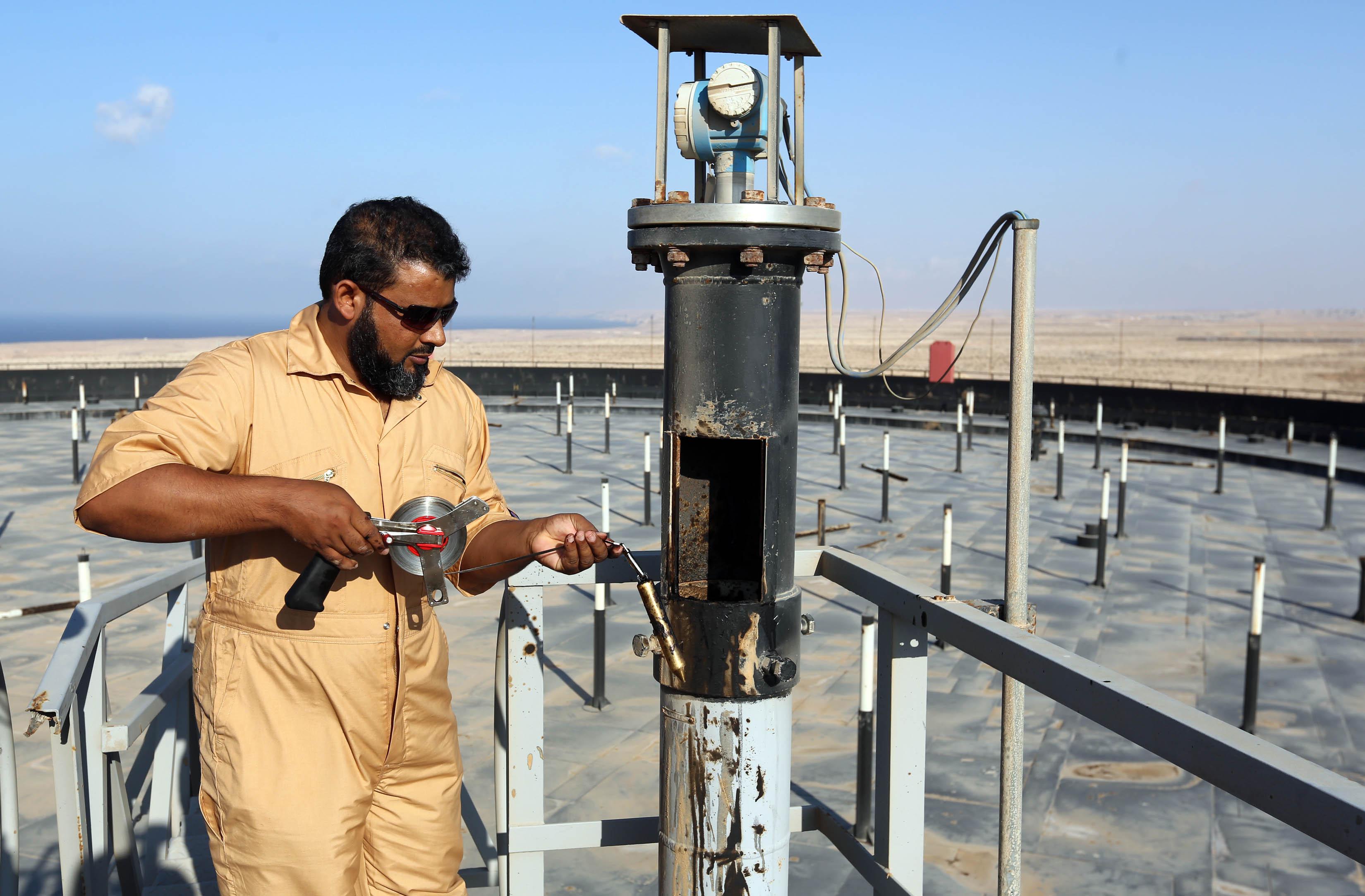The government of Cyrenaica says it is in discussions with a number of potential customers to export crude oil. If you haven’t been following the news out of Libya for the past few months, you may be wondering what, exactly, is Cyrenaica.
Over the summer, the Cyrenaica National Council declared the eastern region of Libya to be semi-autonomous. The Cyrenaica government now boasts a prime minister and 24 other Cabinet ministers, as well as an elected legislature. According to the Libya Herald, the new entity is “viewed as largely the creation of Ibrahim Jadhran, the former Petroleum Facilities Guard commander.”
The leaders of Cyrenaica claim they are not trying to break up Libya, but want a federalist system governed along the lines of the 1951 constitution, which divided Libya into three regions. Cyrenaica was recognized as a distinct region under Italian and British rule as well as the original indpendent Kingdom of Libya, but since 1963, the country has been divided into 10 smaller regions. The government in Tripoli has been extremely hostile to the new entity, viewing it as an attempt to fracture the country.
The new pseudo-state came about after Jadhran seized several of Libya’s eastern oil ports over the summer and refused to allow the crude to be released into international markets. The Libyan navy, meanwhile, has blocked foreign tankers from docking at ports controlled by the group. Close to 80 percent of Libya’s reserves—the largest proven reserves in Africa and the country’s lifeblood—are located in the east.
Cyrenaica last month did what any aspiring petrostate does in this situation and hired an international lobbying firm to help sell the oil.
International oil companies have cut deals with unrecognized governments before—notably Somalia’s semi-autonomous Somaliland state—but the situation in Libya is a lot more fluid and there’s a good chance Cyrenaica might not be around in a few months to follow through on contracts.
